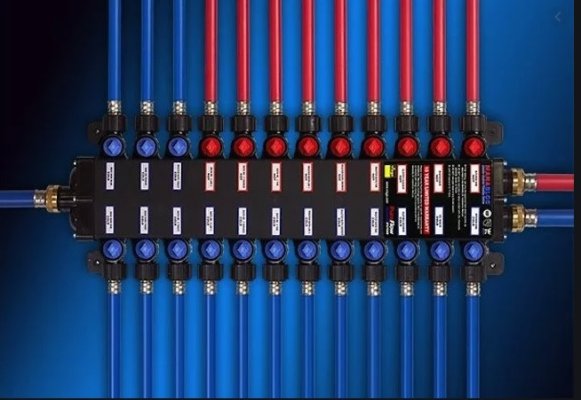Considering only the heating potential of solar (for dwellings): As you know solar hot water is viable - economically in a large swath of the US. We don't use much of it - even in the Islands where it would pay for itself in a very few years - because its ugly.
Thinking bigger - home heating, for instance, a better storage medium is probably various salt solutions - racking my brain to think of the one I saw in person about 30 years ago - (was it sodium acetate in H2O?) - I could look it up but too lazy. Anyway, heat collectors on the roof heat air which goes into the attic (insulated space) and "melts" salt solutions that look like plastic "cooler bricks" - thus storing heat or else the heat goes directly into the house - or both during sunny days. At night or cloudy days, the melted salts "freeze" giving off large amounts of heat to be directed into the house. The builder (don'tcha lovem!) claimed the system was viable ca. 1990. He said storage was good for at least 3 days - or more if you spring for more "bricks." I wasn't so sure since he didn't build any more. Still it was really cool (whoops, well, you know).
I think we could store heat underground as well. Solar hot water could heat the ground during the summer and on sunny days in winter while the geothermal system extracted heat as needed in winter. Maybe even a way to reverse the process in summer (might take a separate underground "field"). My point is "batteries" are high tech and expensive and not terribly efficient in storage/retrieval. Warming something up (dirt or Sodium Acetate/H2O) doesn't even have to be all that efficient - if you have enough of it and enough pretty cheap "solar" heat collectors. Okay, I know, I know. Where do you get the energy to run the heat pump? Details! Details. Maybe some "little" batteries, ok?


It's my opinion that the closer you get to what you actually need the most of (let's say heat in winter or cooling in summer) the better off you are. Converting the sun's energy to electricity and storing it in batteries only to be turned back into electricity to run a chiller or heater or heat pump has a lot of inefficient steps - and is expensive. Dirt under your house is cheap and I'm guessing salt solutions that should last the lifetime of the system would not be a deal breaker vs Li ion or Ni metal hydride, etc. batteries that last 1000 cycles.
Just thinking out loud. We DO have some options. Break even points with "cheap" oil/gas has prevented us from looking too closely at them in my VERY humble opinion as YMMV


